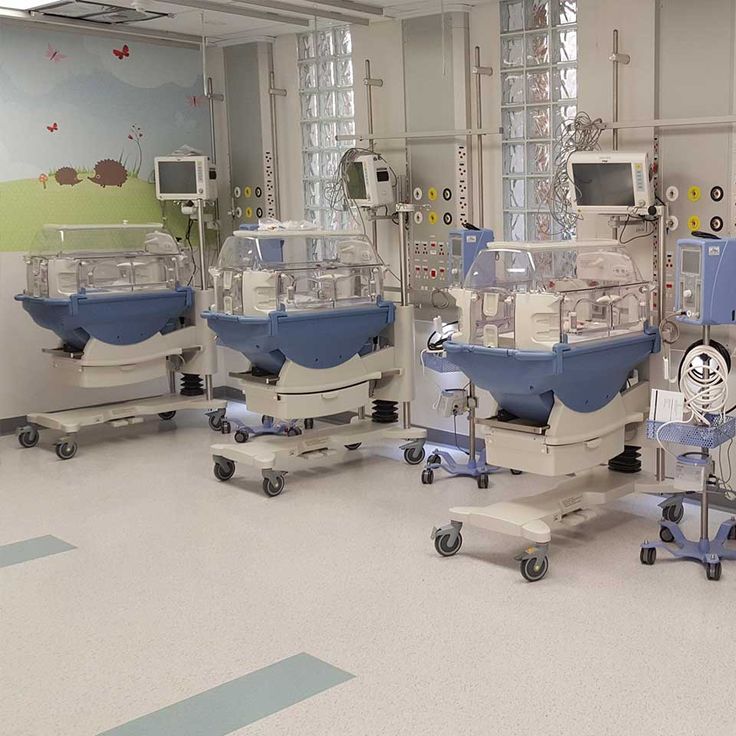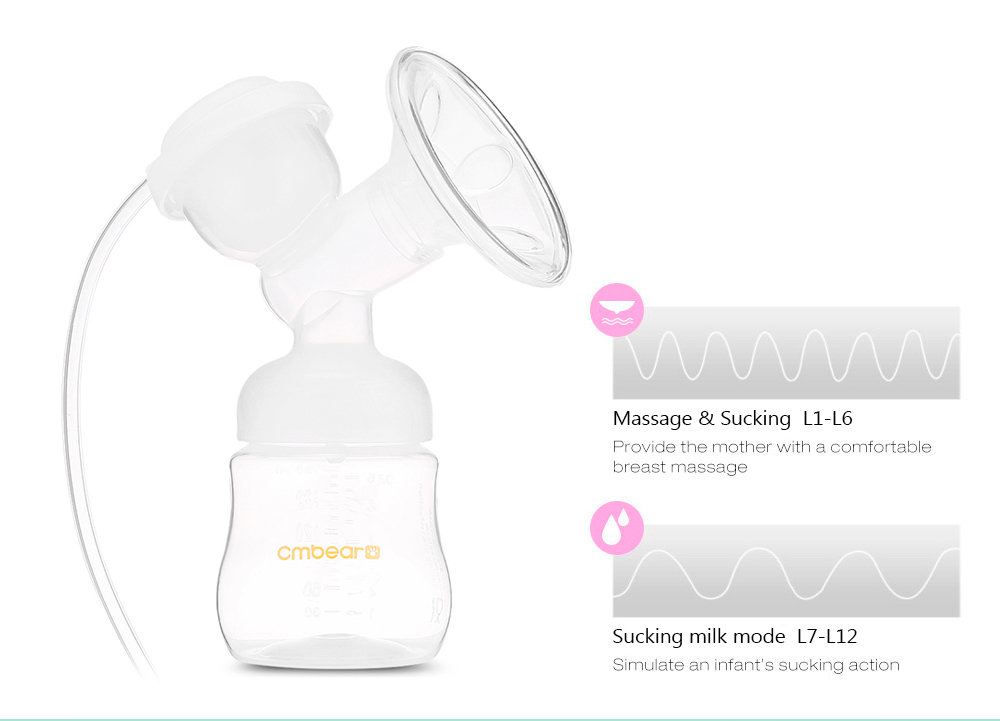Private hospital maternity
Pregnancy care & birth: private hospitals
About birth in private hospitals
Private hospitals are run by private organisations, unlike public hospitals, which are run by government. Private hospitals charge patients directly for services, including pregnancy, birth and postnatal care.
Private hospitals offer a high-quality, safe, comfortable and caring environment for labour, birth and maternity care.
If you choose to give birth in a private hospital, you also choose your own obstetrician. Your pregnancy appointments will be with the obstetrician. This can give you the chance to get to know your obstetrician, which many women like.
Private hospitals are an option for some pregnant women, although private hospitals don’t always have the facilities to care for high-risk pregnancies or women and babies who have complications during labour and birth.
Some private hospitals have information sessions, tours or online virtual tours. Call the hospitals that you’re interested in or check their websites to find out about these options.
Booking into a private hospital to give birth
If you think you might be pregnant, see your GP as soon as possible to start your pregnancy care.
If you’ve already decided that you want to give birth in a private hospital, your GP will give you a referral to an obstetrician. If you’ve already chosen your obstetrician, this usually determines which private hospital you go to for the birth.
If you want to see an obstetrician but don’t know any, you can talk with your GP about local practitioners. Or you can call the private hospital where you want to give birth. The hospital should be able to give you a list of obstetricians who work there.
At your first appointment with your obstetrician, the obstetrician will go through your hospital options and book you into the private hospital.
Pregnancy care with obstetricians and private hospitals
Your pregnancy care appointments will be with your own obstetrician at private consulting rooms. You might occasionally see another obstetrician if your usual obstetrician goes on leave.
You might occasionally see another obstetrician if your usual obstetrician goes on leave.
Many private obstetricians employ a midwife to help with routine checks, organise pregnancy tests and scans, and answer questions about pregnancy and birth.
Some private hospitals offer antenatal classes.
Around the day of the birth
When you know you’re in labour, you call the hospital. The midwives in the birth suite will talk to you about what’s happening and discuss the best time for you to come into hospital.
During labour and birth you might be cared for by a few different hospital midwives, depending on the length of your labour. These midwives will stay in close phone contact with your obstetrician. You probably won’t be able to choose the midwives who look after you at the birth or after the birth.
Your obstetrician will usually check on you during your labour and come for the birth. If you have an uncomplicated vaginal birth and your obstetrician doesn’t get there in time, a midwife will usually deliver your baby.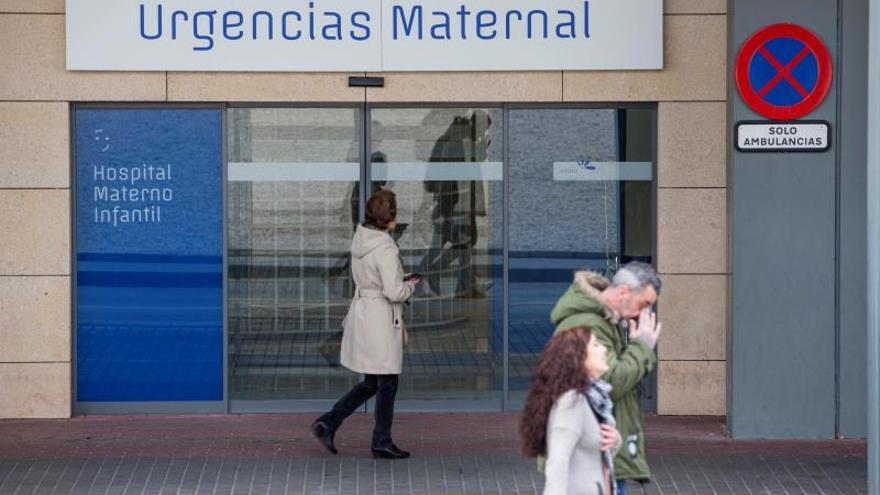
If you need a caesarean, your obstetrician will usually do the operation.
After the birth, the midwives will care for you in the maternity unit. Your obstetrician will visit and check that you’re OK. A paediatrician will check and monitor your baby’s health.
Most birthing mothers stay in hospital for 4 days after a vaginal birth and 5 days after a caesarean. But if you and your obstetrician are happy, you might be able to go home earlier.
If you’re having a planned or elective caesarean, you’ll know the day of your baby’s birth in advance. The hospital will tell you how to prepare, including how long to fast and when to come to hospital. You’ll be admitted to the maternity unit, but your baby will be delivered in the operating theatre.
The birth environment at private hospitals
Many private hospitals have large, air-conditioned birthing suites, usually with ensuites and showers and sometimes with baths. The birthing suites might also have birth balls, heat packs, electric oil burners and other equipment.
Some private hospitals don’t allow water births, so speak to your hospital about your options.
Private maternity units often have double, single or twin-share accommodation, with ensuites or shared bathrooms. You might be able to have a private room and/or double bed, depending on availability.
Many private hospitals have beds for partners, or a double bed, so your partner can stay overnight with you, although there’s likely to be a fee.
Private maternity units might also have:
- food menu options
- televisions (you might have to pay)
- telephones (you might have to pay)
- small kitchens.
Pregnancy and birth complications: how they’re handled at private hospitals
Obstetricians have special skills to manage difficulties and complications during pregnancy and birth. They’re also trained to deal with emergency situations – for example, emergency caesareans. Some women choose private pregnancy care with an obstetrician for these reasons.
But private hospitals don’t always have medical facilities for more intensive or complex care needs. For this reason, it’s recommended that women with previous or expected complications plan their birth at public maternity hospitals with more facilities.
If you’re booked to go to a private hospital but you go into very premature labour or you or your baby have serious health problems, you might be taken to a public hospital with a neonatal intensive care unit (NICU) or a special care nursery (SCN) for premature or sick babies. Some private hospitals have SCNs, but they don’t usually have NICUs. If your obstetrician has an agreement with the hospital you’re transferred to, they might be able to continue your labour and birth care in that hospital.
Sometimes you’ll be well enough to go home after a complicated birth, but your baby might need to stay in the NICU or SCN.
Costs of giving birth at private hospitals
Here are some of the costs you can expect with obstetricians and private hospitals:
- You pay for appointments with your obstetrician.
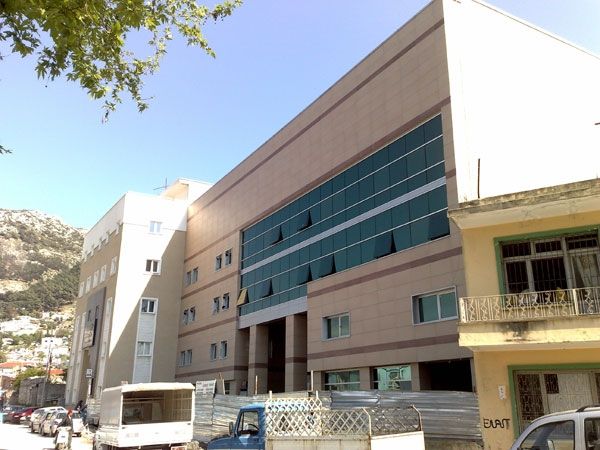 Costs might vary. You can get part of the cost of each appointment back from Medicare. Many obstetricians also have an extra fee for managing your pregnancy.
Costs might vary. You can get part of the cost of each appointment back from Medicare. Many obstetricians also have an extra fee for managing your pregnancy. - Medicare and your private health fund will pay for at least some of your hospital stay. But depending on your private health insurance arrangements, you might also have some extra fees to pay.
- There will be costs for tests and ultrasound scans. You can often get some money back through Medicare.
- There might be a cost for antenatal classes. Check with your fund for possible rebates.
- You’ll have to pay for a paediatrician to give your baby a health check. You can often get some money back from Medicare and your private health fund.
- If you hire a doula, there’ll be a cost, which depends on the doula’s experience, level of care and involvement in your pregnancy.
- Check with your midwife or obstetrician about any other costs. For example, if you have a caesarean, there’ll be costs for anaesthetic services.

Private health insurance
Most women who give birth at private hospitals have private health insurance, which covers some of the costs of pregnancy and hospital maternity care.
This means that your private health insurance should include cover for pregnancy care. If you’re looking into private health insurance or you’re already a member of a private health fund, it’s worth checking:
- what aspects of pregnancy and birth the private health fund covers
- how much pregnancy cover will cost or add to your insurance premium
- what out-of-pocket pregnancy costs you might still need to pay
- how long you have to wait for pregnancy care cover after joining the fund or adding pregnancy care to your cover.
Some health funds offer a ‘package’ of care that includes pregnancy care with an obstetrician, care at the birth and the post-birth check. It’s a good idea to get a quote so you can see exactly what’s included.
If you don’t have private health insurance, you can still choose private care, but there will be quite big costs. It might be even more expensive if your baby needs special care or an extended hospital stay.
It’s possible to be a private patient in a public hospital, which might reduce some costs. If you’re interested in this option, contact the public hospital and ask if they have a private patient liaison officer that you can speak to.
To find private health funds and compare their prices and policies, visit PrivateHealth.gov.au.
Other things to think about with private hospital births
If you’re thinking about an obstetrician and private pregnancy care, you could also consider the following issues or discuss them with a health professional:
- If you live rurally, you might not have a private hospital in your area. It’s a good idea to look into your local options.
- If you or your baby has significant health problems, you might need to be transferred to a large public maternity hospital where there are specialists.

- Private hospitals have higher rates of birth interventions and caesarean births compared with public hospitals.
- Different hospitals have different rules about people visiting you after your baby is born.
- Different hospitals have different facilities and services during and after birth.
Knowing and talking about your options can help you feel more prepared for and happier about your pregnancy and birth experience in the long run.
Private Maternity Suites Silver Spring, Maryland (MD), Holy Cross Hospital
Home-Like Environment for Rest and Comfort
After your baby’s birth, you and your baby will be taken to a private suite to recover in a quiet and comfortable setting.
All private maternity suites at Holy Cross Hospital in Silver Spring and at Holy Cross Germantown Hospital, offer comfortable furniture, muted colors and subdued lighting, as well as a private bathroom, cable television with on-demand entertainment and education, and a telephone.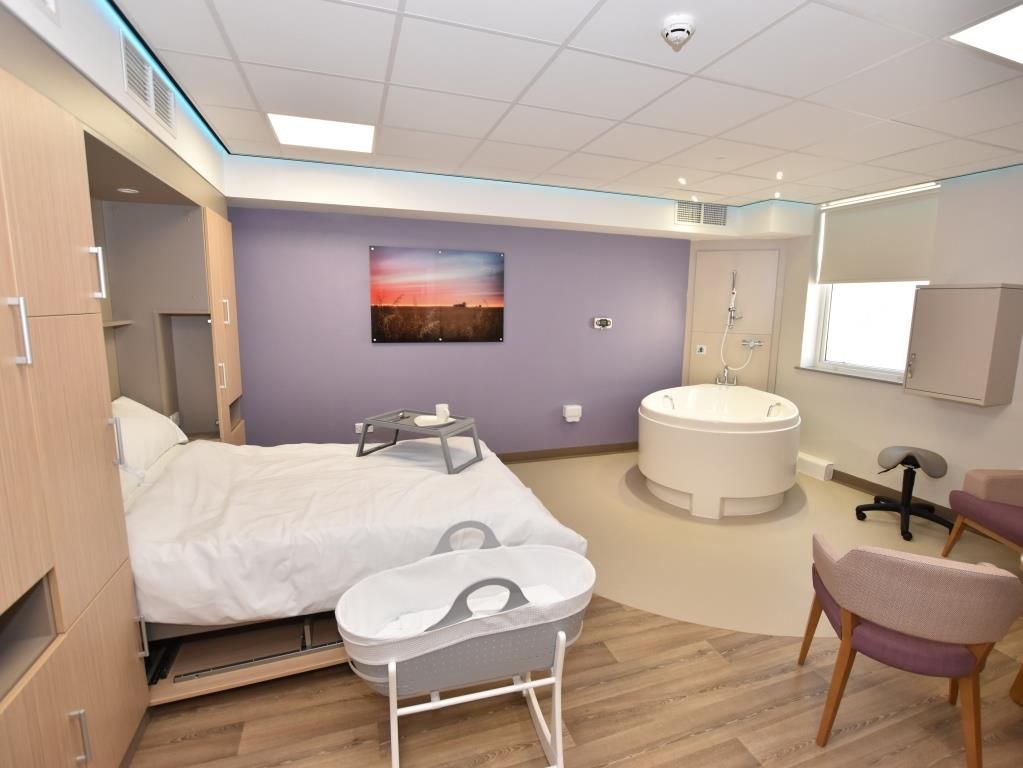
A registered nurse will care for you and your baby and lactation consultants also will be available. We will teach you about your after-delivery care, as well as breast-feeding, bottle-feeding and basic infant care and safety. We also perform a hearing screening, metabolic testing and critical congenital heart defect (CCHD) testing on all newborns.
We encourage mothers to keep their babies with them in their rooms. “Rooming-in” with your baby provides a great opportunity to get to know your newborn.
We will assist you in completing the birth certificate. If you have questions, you may call the birth registrar at 301-754-8785 at Holy Cross Hospital or 301-557-6832 at Holy Cross Germantown Hospital.
Amenities
The suites offer a host of amenities to make your stay comfortable:
- Room Service
At both hospitals, you can order meals to be delivered to your room by browsing a restaurant-style menu and calling to place your order.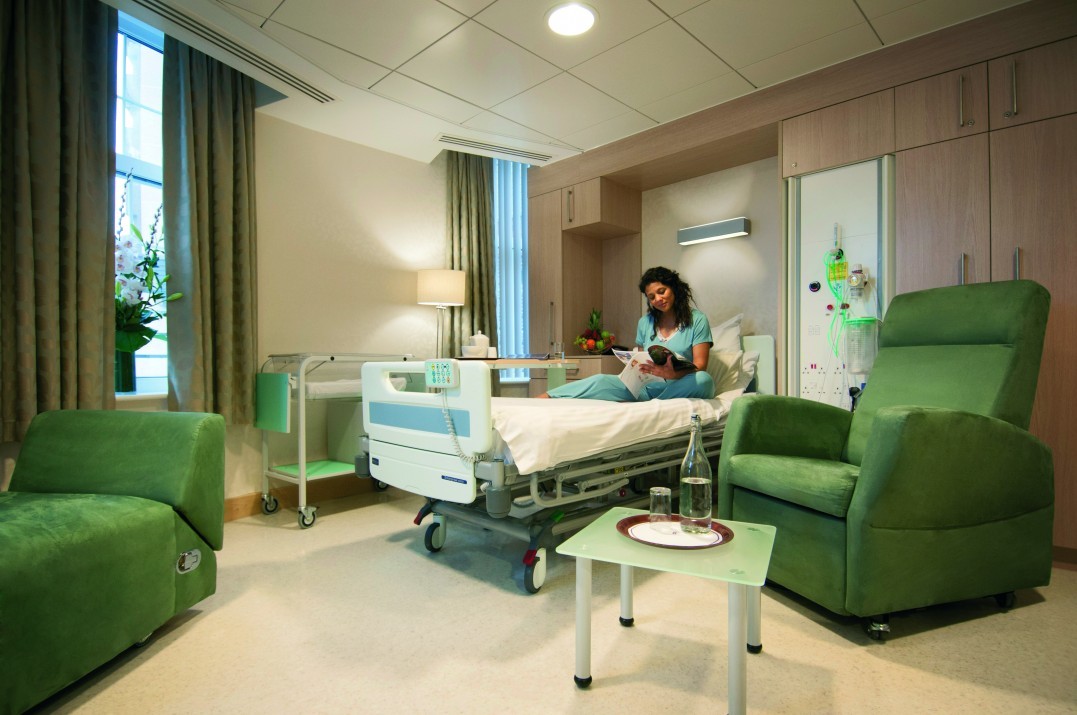 Meals are available anytime from 7 a.m. to 7 p.m. at Holy Cross Germantown Hospital, and from 7 a.m. to 6:30 p.m. at Holy Cross Hospital. Kosher and vegetarian options are available.
Meals are available anytime from 7 a.m. to 7 p.m. at Holy Cross Germantown Hospital, and from 7 a.m. to 6:30 p.m. at Holy Cross Hospital. Kosher and vegetarian options are available.
- Food for Your Visitors
Our cafeterias, cafés and vending machines are available for your visitors. - Use of the Television, Internet and Cellular Phones
Both hospitals offer free wireless Internet access. Patients and visitors are permitted to bring wireless-enabled laptops for communication needs. Cellular phones may be used within the maternity areas of the hospital except in the Neonatal Intensive Care Unit (NICU) at Holy Cross Hospital and the Neonatal Unit at Holy Cross Germantown Hospital.myStation is your in-room education and entertainment center, accessible via your television. The system allows you to watch TV, view on demand more than 20 educational videos related to pregnancy and women's health, watch movies, play games, access the Internet, and learn more about the hospital.

Discharge at 11 a.m.
Before you are discharged from your private maternity suite, your obstetrician will visit with you, and your baby's pediatrician will check on your baby. Your physicians will write discharge orders for you and your baby, and your nurse will coordinate your discharge.
It's best for mother and baby to be settled at home as early as possible on the day of your discharge. We ask that you make arrangements to leave the hospital by 11 a.m. Please don't hesitate to ask your nurse any questions you may have prior to going home.
Financial Considerations
If you have any financial concerns, including lack of insurance or inability to pay, please contact our financial counselors at 301-754-7195 at Holy Cross Hospital or 301-557-6195 at Holy Cross Germantown Hospital who can assist you. Our counselors can help you navigate the process of applying for Medicaid for your baby.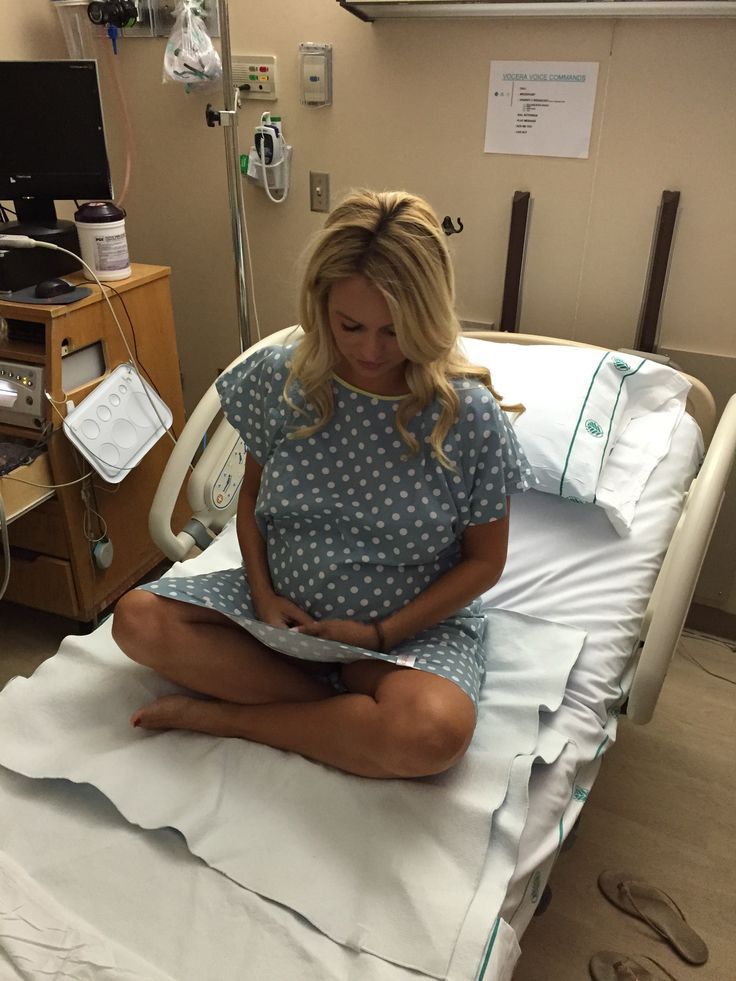
Holy Cross Health is an owner of Maryland Physicians Care, a Medicaid Managed Care Organization in Maryland’s HealthChoice program. HealthChoice is a program of the Maryland Department of Health and Mental Hygiene. For more information on Maryland Physicians Care, visit MarylandPhysiciansCare.com or call 800-953-8854.
Interpreter Services
Sign language and foreign language interpretation is available.
Safety and Security
The safety and security of your baby is of the utmost importance. Please abide by the following guidelines:
- When walking in the halls or using the bathroom, place your baby in the rolling bassinet.
- If your baby needs to leave the room for a procedure or test, a nurse will explain where your babyn is going and why. Remember to ask your nurse any questions that you have, including when your baby will return.
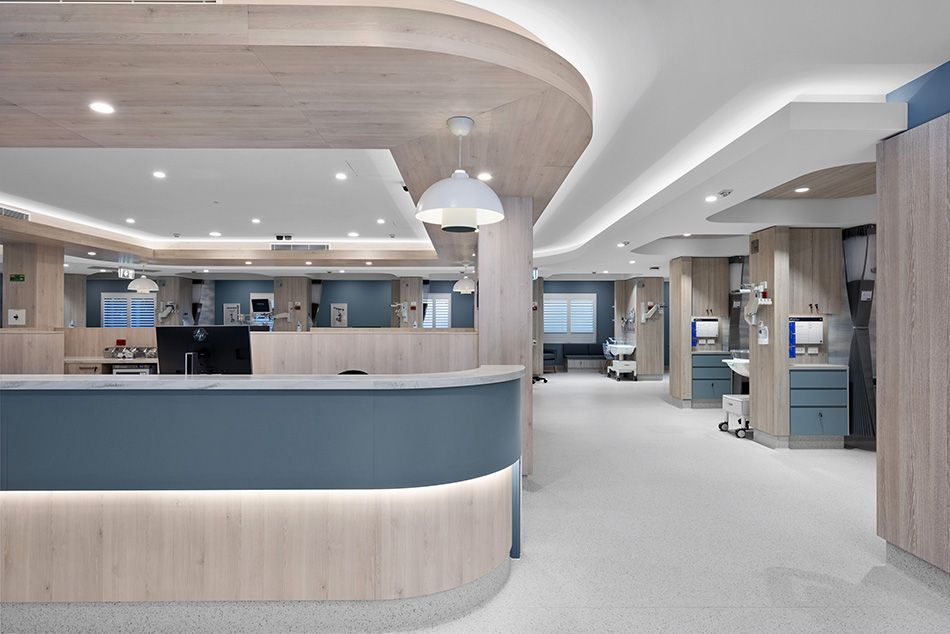
- Do not sleep while holding the baby in your bed or in a chair.
- Place your baby on his or her back in the bassinet to sleep. Do not place pillows, blankets, stuffed animals or toys in the bassinet.
- Turn on a light when moving the baby to or from the bassinet.
- Keep your baby in your sight at all times.
- Shut your door while you are sleeping or resting.
Our hospitals use a state-of-the art infant security system. You will receive information about the system when you are in the Labor and Delivery unit. All hospital staff wear photo identification badges. The badges of maternity staff include an orange bar.
Private maternity hospital - give birth with comfort. The best doctors in Kazan
About the direction
The birth of a child is one of the most important events in a family.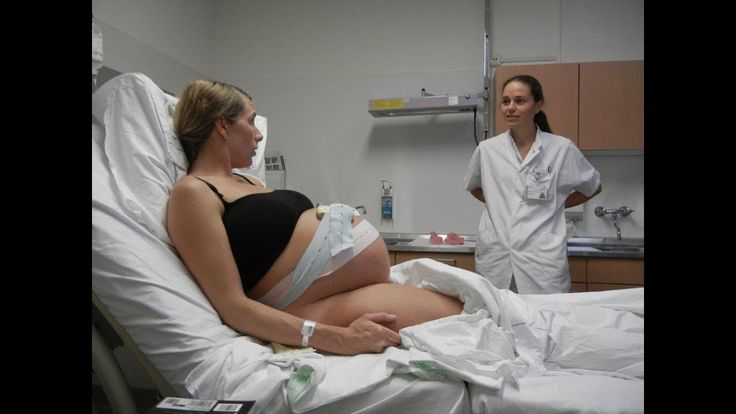 Children bring light and joy into our lives, making it full and meaningful.
Children bring light and joy into our lives, making it full and meaningful.
Maternity Hospital "Scandinavia" (Ava-Kazan) is the first private maternity hospital in Kazan, created to help every family live this event with joy. An important role in choosing a maternity hospital is played by the qualifications of medical personnel, comfort and equipment of the clinic.
ADVANTAGES OF THE MATERNITY HOSPITAL "SCANDINAVIA" (AVA-KAZAN):
We carefully consider every aspect of medical care. Modern equipment, highly qualified staff and comfortable conditions are the key to your peace of mind during childbirth.
Modern equipment, highly qualified staff and comfortable conditions are the key to your peace of mind during childbirth.
For your convenience, we have developed service packages: you can choose what suits you!
RELAXATION
In the delivery rooms, modern techniques of relaxation and labor pain relief are used. There is a bath for relaxation in the first stage of childbirth, a shower in each delivery room, a wall ladder, fitballs, special rugs. The video system is used to watch relaxing films, listen to relaxing, classical or simply favorite music, sounds of nature. In childbirth, special breathing techniques are used. Peridural anesthesia is performed during childbirth.
FAQ
- The birth contract is concluded after 34 weeks of pregnancy. Pre-registration by phone 200-10-65. You must have a passport and examination results with you (Order No. 572n)
- The patient is assigned an appointment date, on which an individual electronic medical record will be created
- When planning a caesarean section, the date of hospitalization and operation, as well as the operating team, are discussed in advance
- If there are complaints of pain, discharge from the genital tract and other changes in the patient's condition, the patient calls up the doctor on duty (the phone is issued at the conclusion of the contract), is examined in the emergency room of the maternity ward and, if necessary, is hospitalized in department
Take care of your health and take care of the future of your baby!
Paid delivery at EMC in Moscow
Choosing a maternity hospital is a responsible and difficult decision. Today, women have the opportunity to give birth under compulsory medical insurance or choose paid births in a public or private maternity hospital. Paid delivery in a public maternity hospital is usually an opportunity to choose a doctor and an improved postpartum ward.
Today, women have the opportunity to give birth under compulsory medical insurance or choose paid births in a public or private maternity hospital. Paid delivery in a public maternity hospital is usually an opportunity to choose a doctor and an improved postpartum ward.
Private maternity hospitals offer a completely individual approach to childbirth from the moment a woman arrives at the clinic until discharge, including a separate delivery room, family rooms, individual care for a newborn child, assistance to a mother in the postpartum period, and services. In Moscow, there is a private maternity hospital that operates according to international standards - the maternity hospital of the European Medical Center.
When choosing a hospital, there are several important factors to consider:
Conditions of stay in paid maternity hospital
As a rule, the conditions of stay in a paid maternity hospital take into account the needs of mother and child as much as possible.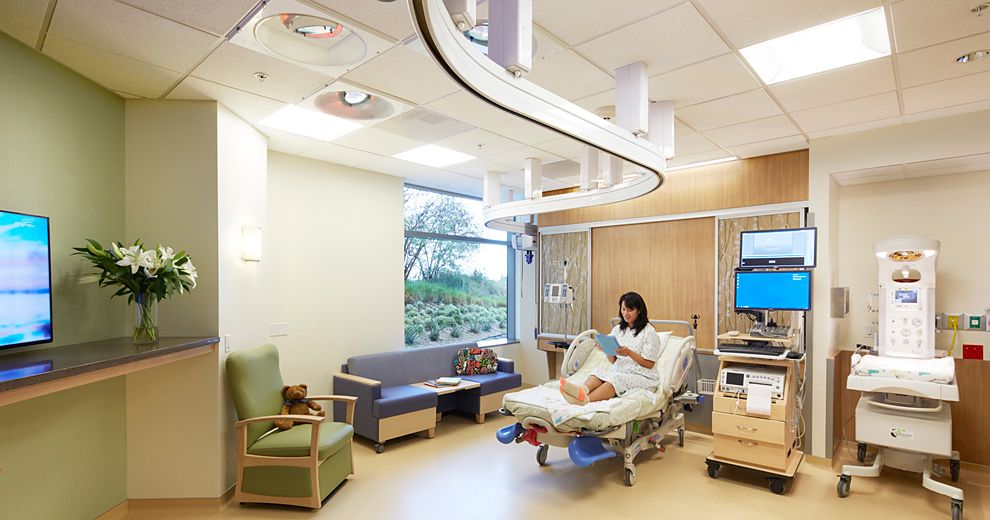 The woman is in comfortable conditions before and after the birth of the baby.
The woman is in comfortable conditions before and after the birth of the baby.
The maternity hospital of the European Medical Center has created ideal conditions for staying together with a child. It is possible to choose a studio for family accommodation or two-room apartments. The rooms have comfortable baby cots and a changing table. At any time, you can call the sister of the children's department, which will help to carry out hygiene procedures, change the baby's clothes. If the mother immediately after the birth needs to rest and recover, the child at this time is in the neonatal unit in the caring hands of the medical staff.
In individual delivery rooms, everything is also provided for the convenience of a woman in labor: transforming beds, fitballs, a hot tub. At EMC, the mother-to-be can choose the right way to give birth. Free behavior in childbirth is welcome, vertical childbirth or childbirth in water is possible. Comfortable conditions have been created for partner childbirth - there is a separate rest room for the attendant. You can visit mother and child around the clock.
You can visit mother and child around the clock.
One of the most important advantages of a private maternity hospital is the opportunity to give the expectant mother as much attention as necessary. Unfortunately, in public maternity hospitals, due to the large flow of women in labor, it is difficult to provide a fully personalized approach.
In the EMC maternity hospital, even during pregnancy, a woman draws up a birth plan together with an obstetrician-gynecologist and expresses her wishes regarding the method of birth, anesthesia and other issues. Some women feel more confident in the environment of medical personnel, someone, on the contrary, prefers minimal medical intervention.
The birth plan is strictly observed in all cases where it does not threaten the health of the mother and child. During childbirth, the doctor informs the woman about each procedure, justifies the need for it, talks about the pros and cons. The final decision is made by the woman in labor, not just the medical staff.
Maternity hospital equipment
When choosing a paid delivery, you must be sure that the maternity hospital is equipped with everything necessary to protect the health of the woman in labor and the newborn child. While most births are natural, the maternity hospital team must be ready to assist in the event of an emergency.
Before visiting the maternity hospital, ask how the delivery room, operating room and intensive care unit, as well as the neonatal intensive care unit are equipped.
The technical equipment of the EMC maternity hospital allows you to provide assistance in a situation of any complexity. Rodboxes are equipped with multifunctional beds, devices for epidural anesthesia and administration of other drugs, ventilators, baby monitors, a baby table for primary examination and oxygen supply if necessary. The children's table is also equipped with a heating lamp that creates a thermal cone over the child in order to minimize stress caused by temperature changes.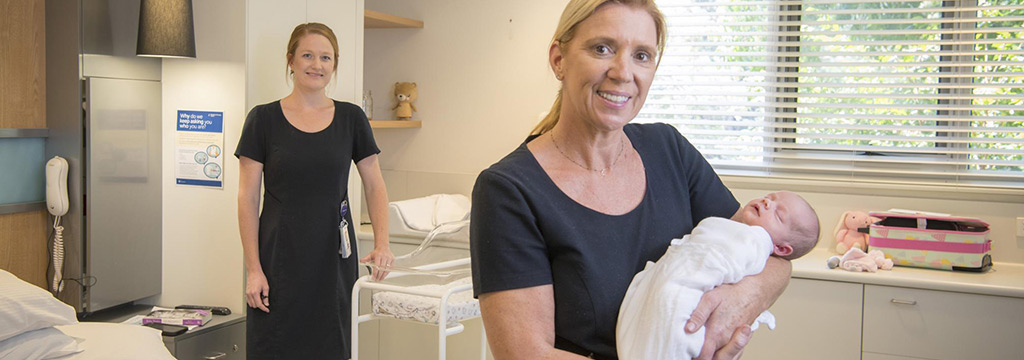 The equipment of the delivery room allows, if necessary, to perform an emergency caesarean section on the spot, without wasting time on moving to the operating room.
The equipment of the delivery room allows, if necessary, to perform an emergency caesarean section on the spot, without wasting time on moving to the operating room.
A big advantage of the EMC operating room is the presence of an autotransfusion device, which allows the patient to transfuse not donor, but his own purified blood in case of blood loss.
After a caesarean section, a woman spends 6 hours in the awakening ward. Comfortable medical transforming beds and thermal blankets create additional comfort after surgery.
The neonatal intensive care unit at EMC is equipped with the latest equipment for nursing low birth weight and premature babies, to help with the complicated course of the early adaptation period. The department has the latest models of neonatal resuscitation systems and incubators for newborns from leading world manufacturers.
Physicians at EMC
Maternity Hospital One of the main advantages of paid childbirth is the possibility of individual childbirth by an obstetrician-gynecologist and a midwife.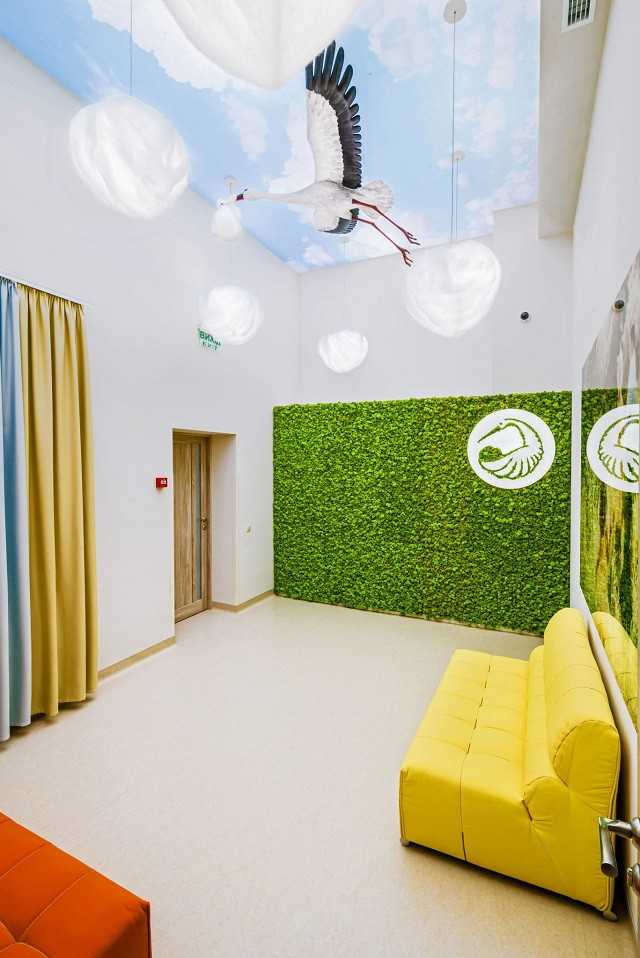 In public maternity hospitals, a doctor is usually called only when surgery is needed.
In public maternity hospitals, a doctor is usually called only when surgery is needed.
When choosing a paid birth, you can be sure that the doctor and midwife will be with you at any moment to provide the necessary assistance. You can also choose your doctor and make a contract with him. In this case, the doctor will come to the clinic when you start giving birth.
Choosing a doctor is one of the most important steps in preparing for childbirth. The EMC maternity hospital employs obstetrician-gynecologists with many years of experience, most of them have headed departments in maternity hospitals at leading multidisciplinary hospitals in Moscow, have experience in managing pregnancy and childbirth in women with concomitant diseases, gynecological and obstetric problems. All doctors have trained abroad and have advanced techniques. The maternity hospital works according to international protocols. The head physician of the maternity hospital is a well-known obstetrician-gynecologist of Moscow, Professor Natalya Kan, a doctor with more than 20 years of experience.
By choosing births with an on-duty team, you can be sure that you will be seen by a highly qualified and experienced doctor with at least 15 years of experience who has attended several thousand births.
If you are planning a birth with anesthesia or you are going to have a planned cesarean section, it is advisable to meet with an anesthesiologist before the birth, talk about concomitant diseases, allergic reactions, previous surgeries, choose the type of anesthesia. All EMC anesthesiologists have experience in obstetrics. This is extremely important because an experienced anesthesiologist knows exactly when to administer the drug in order to minimize side effects and its effect on labor.
The EMC maternity hospital conducts individual excursions, during which you have the opportunity to inspect the wards, the maternity unit in advance, get acquainted not only with the obstetrician-gynecologist, but also with the midwife, anesthesiologist, neonatologist, ask all your questions about childbirth and caring for the baby. In addition, you can enroll in courses for pregnant women at the School for Expectant Mothers.
In addition, you can enroll in courses for pregnant women at the School for Expectant Mothers.
When choosing a paid delivery, it is very important to pay attention to how the contract is drawn up. In EMC, the cost of paid births includes childbirth with a doctor, midwife and anesthetist, stay up to 5 days, all medical services, including emergency assistance in childbirth if necessary. The cost of childbirth does not depend on the type of delivery (natural childbirth or caesarean section).
What does a woman in labor need during paid childbirth?
“What to bring with you to childbirth” is a question every expectant mother asks herself. When choosing to give birth at EMC, you don't have to worry about how to pack a bag for the maternity hospital - we will provide everything you need. For a baby: a diaper, a warm blanket, a bodysuit, a hat, a pacifier, diapers, children's cosmetics specially selected by pediatricians. Mom: nursing shirt, bathrobe, slippers, nursing pillow, breast pads and other hygiene products.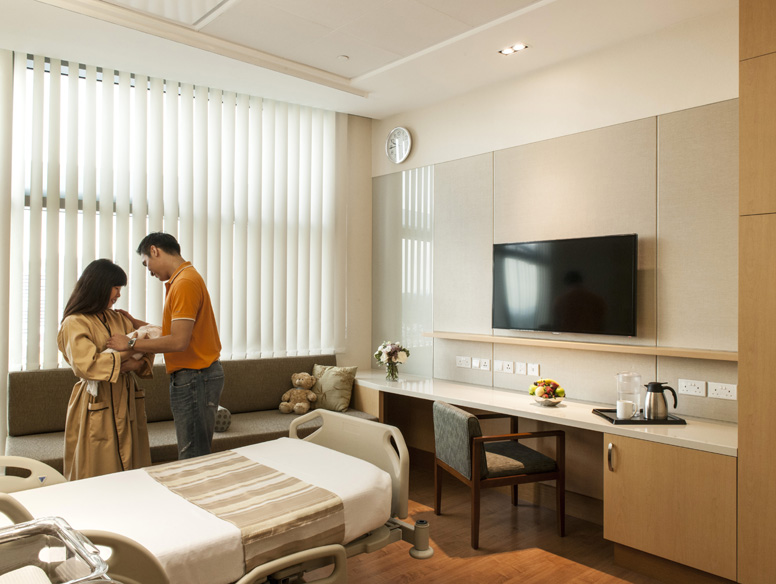 If you are going to give birth at EMC, you can only take your passport with you.
If you are going to give birth at EMC, you can only take your passport with you.
If you wish, you can order additional services: photo and video shooting, services of a stylist and a manicure and pedicure master, organization of a holiday for discharge. We will make sure that the birth of your baby becomes a real holiday.
* Prices in the Price List are indicated in conventional units (unless otherwise specified by the Parties, 1 conventional unit is equal to 1 euro), all settlements under the Agreement are carried out in ruble terms. Payment under the Agreement is carried out by the Customer at the exchange rate of the Central Bank of the Russian Federation in force on the day of payment, if the rate of the Central Bank of the Russian Federation does not exceed the internal rate of the Clinic on the day of payment, indicated by posting on the Internet, on the official website of the medical centers of the Clinic, and on information stands in medical centers.